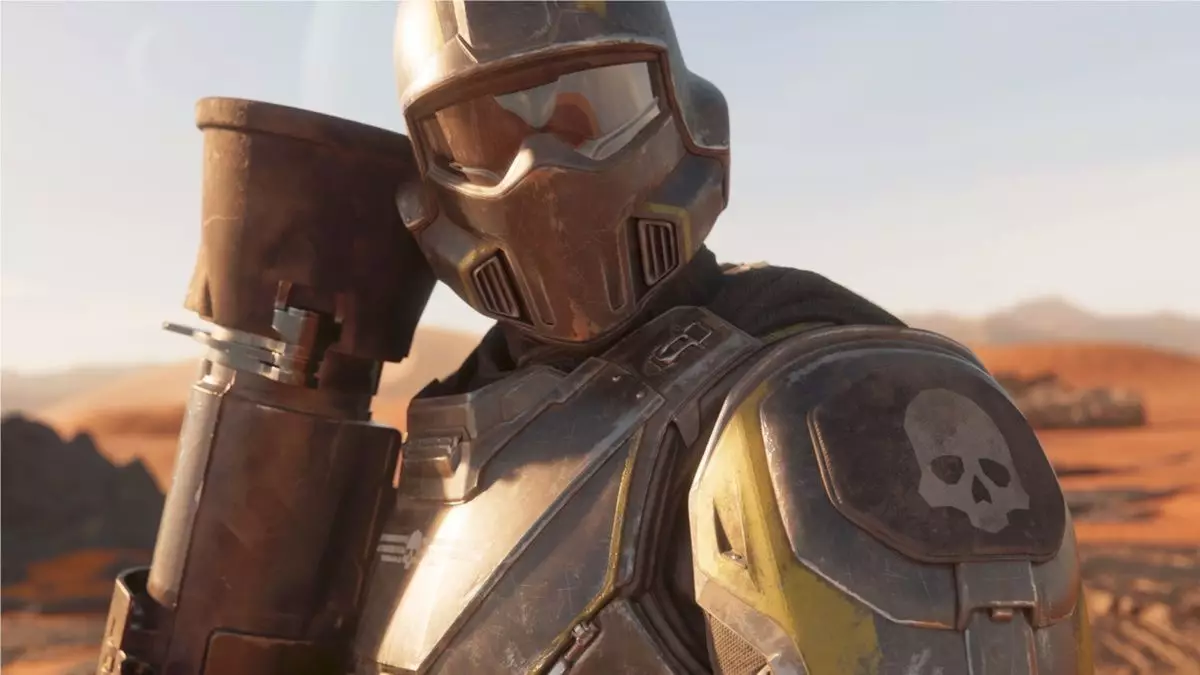The experience of playing video games often hinges on the decisions made by the development teams behind them. In the case of Helldivers 2, a recent backlash stemming from the Escalation of Freedom update has brought attention to the leadership dynamics at Arrowhead Game Studios. Issues related to cohesion among team members and guiding decisions appear to have contributed significantly to community dissatisfaction. This commentary seeks to delve deep into the significance of effective leadership in game design and how missteps can ripple through the player community.
When updates go awry, the discontent of a dedicated gaming community often manifests in vocal feedback. The Escalation of Freedom update elicited disappointment from players, leading to a demand for accountability from the studio. Arrowhead’s CEO and game director, Johan Pilestedt, candidly acknowledged the role of leadership challenges and insufficient team cohesion in the creation of the earlier contentious patch. His openness on platforms like Reddit reveals an effort to bridge the gap between developers and players, showcasing an understanding that players expect not just a product but an experience guided by clear vision and purpose.
Pilestedt’s acknowledgment of his team’s struggles highlights a common challenge within creative sectors: aligning diverse talents towards a unified goal. The same developers responsible for previous nerfs are now tasked with rolling out buffs to restore balance to the game. This scenario raises concerns about whether the current development framework can foster innovative solutions or if past practices continue to hinder their endeavors. A lack of cohesion can extend beyond mere disagreements— it can lead to erratic updates that alienate the very players the developers aim to engage.
Arrowhead’s commitment to addressing player feedback is encapsulated in their ambitious 60-day comeback strategy, which was implemented after the backlash. This systematic approach underscores a willingness to correct course, offering the community a restructuring of balance metrics and major gameplay adjustments. Players can observe immediate developments such as responsive updates to fire damage dynamics and improvements to game physics, wherein excessive ragdoll effects were also noted. These actions not only aim to pacify discontent but also signal to the community that the development team genuinely values their input.
The situation surrounding Helldivers 2 serves as a case study in the critical intersection of leadership, team dynamics, and community engagement in the gaming industry. By taking responsibility for previous missteps and actively promoting dialogue, Arrowhead’s management is attempting to rebuild trust among players. The long-term success of Helldivers 2 may well depend on maintaining this newfound direction—one that embraces the collective input of both developers and players alike. Through a renewed commitment to quality and accountability, Arrowhead has the potential to transform past disappointments into a brighter gaming future.


Leave a Reply